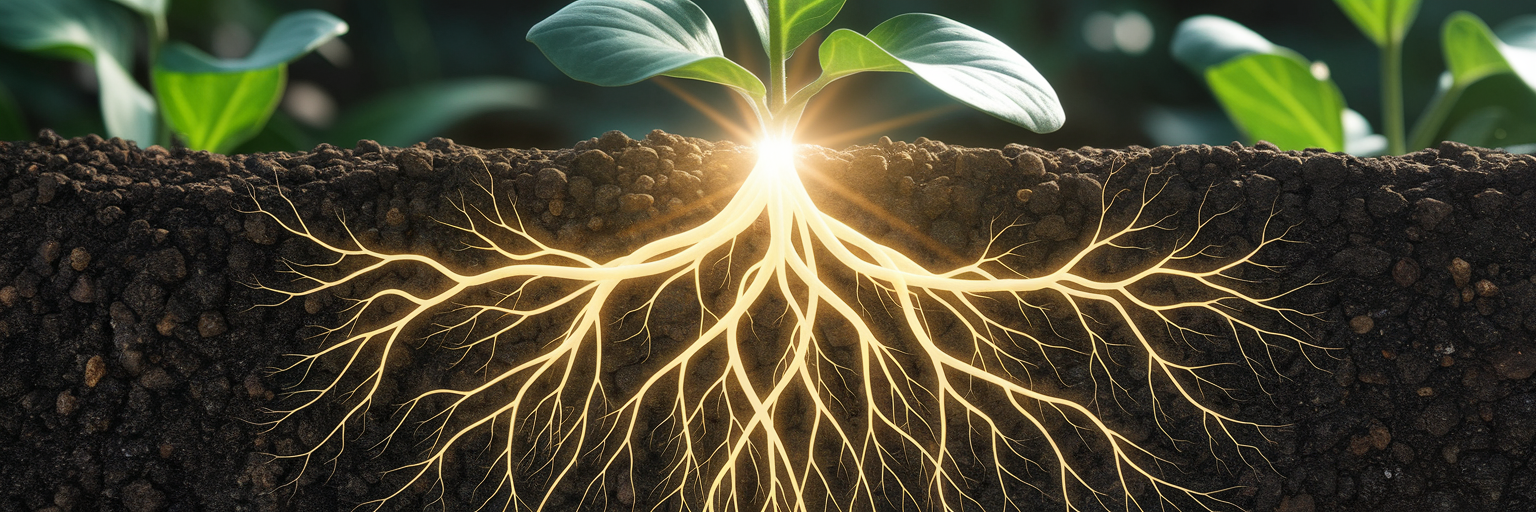The Energy Challenge on a Plant-Based Diet
First off, choosing a vegan lifestyle is a powerful commitment to your ethics, the planet, and your health. It’s a decision that comes from a place of strength and mindfulness. Many active individuals on a plant-based diet, however, run into a familiar feeling. You have clear fitness goals, but sometimes there’s a frustrating gap between your ambitions and your actual energy levels in the gym. You might feel like your recovery takes just a little bit longer than you’d like.
If that sounds familiar, you’re not alone, and it’s not a flaw in your diet. It often comes down to a single, naturally occurring compound: creatine. The body produces some creatine on its own, but we get a significant amount from dietary sources, primarily meat and fish. Because of this, individuals following a plant-based diet naturally have lower creatine stores in their muscles.
This isn't a problem, but rather a specific nutritional gap that can affect your plant-based athletic performance. So, how can you bridge this energy gap while staying completely true to your principles?
Understanding Creatine and Its Energy Role

Let's clear up a few things right away. Creatine monohydrate is not a steroid or some complicated synthetic drug. It’s a simple, natural compound your body makes from amino acids. Think of it as a tiny, rapid recharge station for your cells. Your body runs on a high-octane fuel called adenosine triphosphate, or ATP. During short, intense exercises like lifting weights, sprinting, or jumping, your muscles burn through ATP incredibly fast.
This is where creatine comes in. It exists in your muscles as creatine phosphate, ready to donate a phosphate molecule to quickly regenerate ATP. This process allows your muscles to keep firing at a high intensity for a few seconds longer. In the gym, that translates to squeezing out one more rep or holding a sprint for a little longer. Those small wins are what lead to big progress.
A crucial point for anyone on a plant-based diet is that supplemental creatine is synthesized in a lab. It contains absolutely no animal derivatives, making it a completely vegan-friendly option to top off your energy reserves. You can learn more about the science in our detailed guide on the effectiveness of creatine monohydrate.
Boosting Strength and Muscle Growth
With more readily available ATP, your muscles can perform more work. This enhanced capacity for high-intensity exercise is where the real magic happens for building strength. The ability to consistently handle more volume, meaning more reps and sets, is the primary signal that tells your muscles to grow stronger and larger. For vegans focused on building lean mass, this is a significant advantage.
The main creatine monohydrate benefits include:
- Increased capacity for high-intensity work.
- Ability to complete more total workout volume.
- Enhanced power output in explosive movements.
Here’s an interesting insight: because individuals on a plant-based diet typically start with lower baseline creatine levels, they often experience more noticeable improvements from supplementation compared to their omnivorous counterparts. This isn't just anecdotal. As research published in the journal Nutrients highlights, creatine supplementation can significantly improve physical performance in vegans by directly addressing this dietary gap. This makes it one of the best supplements for vegan athletes seeking a reliable performance boost.
| Performance Metric | Without Creatine Supplementation | With Creatine Supplementation (3-5g/day) |
|---|---|---|
| Bench Press (Reps at 80% Max) | 6-8 reps | 8-10 reps |
| Workout Volume (Total Sets) | Able to complete 12-15 high-intensity sets | Able to complete 16-20 high-intensity sets |
| Sprint Power | Noticeable drop-off after 1-2 sprints | Sustained power for 3-4 sprints |
| Intra-Workout Fatigue | Fatigue sets in mid-workout | Sustained energy throughout the session |
Note: These figures are illustrative examples based on common outcomes reported in clinical studies on resistance-trained individuals. Individual results will vary based on training, diet, and genetics.
Accelerating Recovery and Reducing Soreness

What you do during your workout is only half the story. The progress you make is cemented in the hours and days that follow. Intense exercise creates tiny micro-tears in your muscle fibers, which triggers inflammation and that all-too-familiar soreness. Creatine steps in here as well, helping to reduce some of the markers of muscle damage and inflammation.
What does that feel like in the real world? It’s the difference between wincing every time you go down the stairs the day after a tough leg session and feeling just a mild, satisfying ache. This improved vegan muscle recovery is the secret to consistency. When you feel better sooner, you’re far more likely to show up for your next workout with enthusiasm and energy.
Sticking to your training schedule without being sidelined by excessive soreness is what drives long-term results. For a complete recovery strategy, combining creatine with high-quality plant-based protein is a fantastic approach. You can find some delicious and simple ideas in our post on easy vegan protein recipes.
A Surprising Benefit for Your Brain
While creatine is famous for its effects on muscle, one of its most powerful advantages is for your brain. Your brain is an incredibly energy-hungry organ, and just like your muscles, it relies on the ATP-creatine system to power demanding mental tasks. Since dietary creatine is absent in a vegan diet, supplementing can offer noticeable cognitive support.
Research has shown that creatine for vegans can lead to several cognitive improvements, including:
- Reduced mental fatigue during complex tasks.
- Improved short-term memory and recall.
- Faster information processing speeds.
This makes it a fantastic supplement for supporting a modern, demanding lifestyle, whether you're a student, a professional, or just juggling a busy schedule. A recent comprehensive review published on PubMed confirmed that creatine supplementation offers significant cognitive advantages for vegans, helping to support brain function. It’s a supplement for both your body and your mind.
How to Add Creatine to Your Vegan Routine
Ready to give it a try? Adding creatine to your daily routine is incredibly simple. We recommend creatine monohydrate, as it’s the most researched, effective, and affordable form available, and it is always vegan.
Here are two common ways to get started:
- The Loading Phase (Optional): To saturate your muscles quickly, you can take 20 grams per day for 5-7 days. It's best to split this into four 5-gram doses throughout the day.
- The Maintenance Phase: Simply take a daily dose of 3-5 grams to keep your creatine stores topped off.
Starting with just the maintenance dose is perfectly fine too. It will just take a few weeks to experience the full benefits instead of a few days. Creatine is one of the most studied supplements available, with an outstanding safety profile. It is not a steroid and is not harmful to the kidneys in healthy individuals. For more answers to common questions, our FAQ page is a great resource.
Give your body the support it needs to match your fitness ambitions. Consider trying a high-quality, certified vegan creatine monohydrate and feel the difference for yourself. If you found this article helpful, please share it with your fitness-minded friends!



